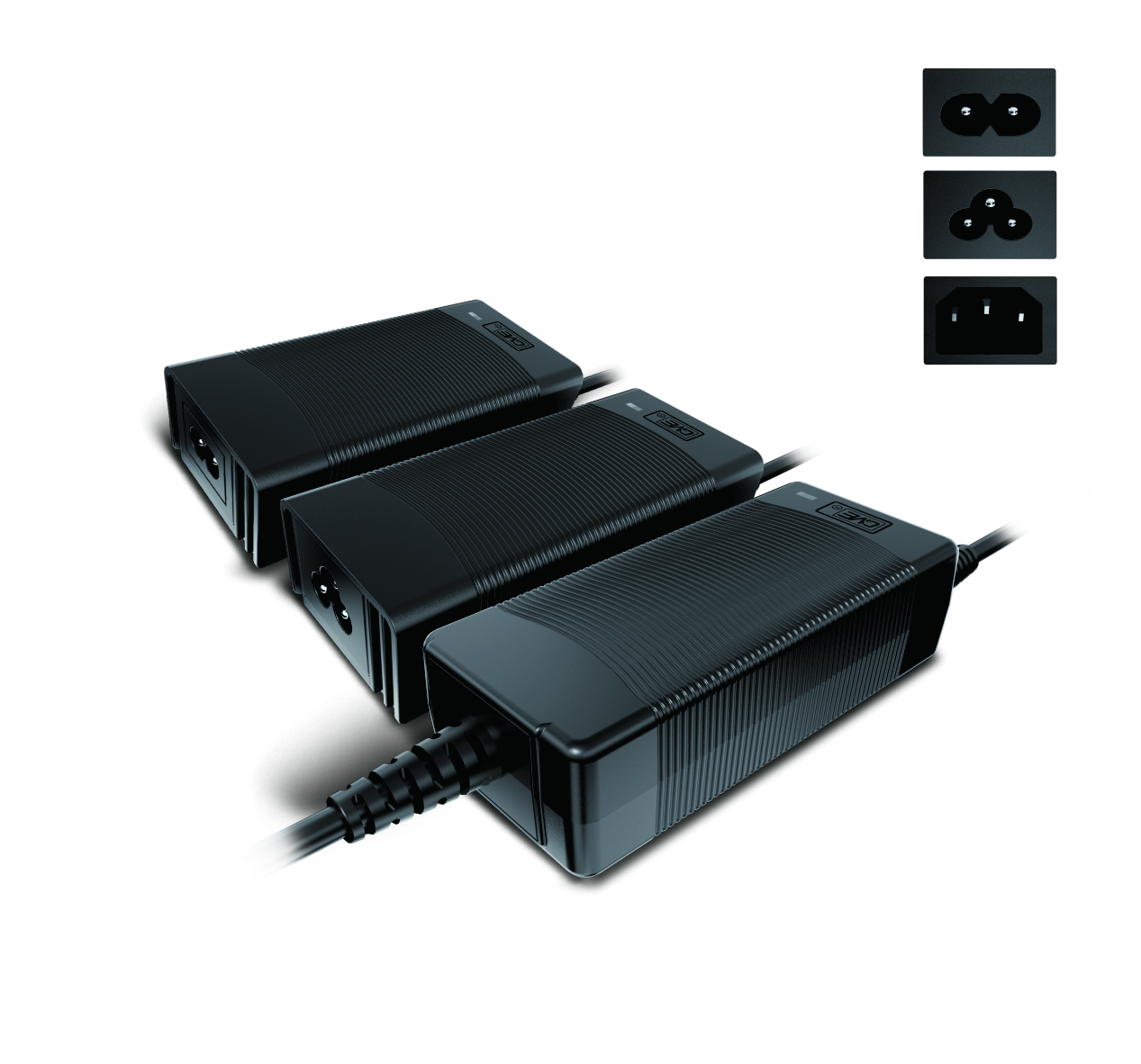FAQs about Selecting the Right Power Adapter

Here are some frequently asked questions (FAQs) along with their answers to complement the article on selecting the right adapter:
1. How do I know if an adapter is compatible with my device?
Check the Device Specifications: Refer to your device's manual or the label near the charging port for information on voltage, amperage, and plug type requirements.
Consult the Manufacturer: Contact the device manufacturer or check their official website for recommended adapters compatible with your specific device model.
2. Can I use a higher amperage adapter for my device?
Not Recommended: While it's generally safe to use an adapter with a higher amperage than required by your device, using a significantly higher amperage adapter may lead to overcharging or damaging the device's battery or circuitry.
Stick to Recommended Amperage: It's advisable to use an adapter with the same or slightly higher amperage than what your device requires for optimal and safe charging.
3. What should I do if I can't find an adapter that matches my device's specifications?
Consider Universal Adapters: Universal adapters with interchangeable heads or adjustable voltage settings may accommodate a wider range of devices, including those with unique specifications.
Seek Professional Advice: Consult with a knowledgeable technician or the device manufacturer's support to find alternative solutions or specialized adapters that might suit your device's requirements.
4. Are all USB adapters the same, or do they vary in charging speed?
Varying Charging Speeds: USB adapters differ in their output capacities, which affect charging speeds. Some USB adapters support fast charging, while others provide standard or slow charging rates.
Check Output Ratings: Look for USB adapters with higher wattage or amperage ratings for faster charging, but ensure they're compatible with your device to prevent damage.
5. Can I use adapters from third-party brands instead of the manufacturer's original adapter?
Use Reputable Third-party Brands: While it's possible to use third-party adapters, ensure they are from reputable brands with certifications and positive user reviews to minimize risks.
Consider Manufacturer's Recommendations: Using the manufacturer's original adapter is often the safest choice for device compatibility and safety.
6. How can I avoid damaging my devices with adapters?
Follow Specifications: Always match the adapter's voltage, amperage, and plug type with your device's requirements.
Avoid Overloading: Refrain from plugging multiple high-power devices into a single adapter to prevent overloading, overheating, and potential damage.
Inspect Regularly: Periodically check adapters for signs of wear or damage and replace them immediately if any issues are detected.
7. Are adapters with multiple USB ports suitable for charging multiple devices simultaneously?
Check Output Capacity: Adapters with multiple USB ports can charge multiple devices simultaneously, but ensure the total output capacity can handle the power requirements of all connected devices.
Avoid Overloading: Be cautious not to overload the adapter by connecting too many devices at once, as this can slow down charging or even damage the adapter or devices.
8. What safety features should I look for in an adapter?
Surge Protection: Adapters with surge protection safeguard devices from sudden voltage spikes, preventing potential damage during electrical surges.
Over-voltage Protection: This feature ensures that the adapter doesn’t supply a higher voltage than the device can handle, preventing damage to the device's components.
Short-circuit Protection: Adapters equipped with short-circuit protection automatically shut off in case of a short circuit, preventing damage to both the adapter and the connected devices.
9. Is it safe to leave devices plugged in using the adapter even after they're fully charged?
Modern Devices Have Safety Measures: Most modern devices have built-in mechanisms to prevent overcharging. Once fully charged, they typically stop drawing power from the adapter, reducing the risk of overcharging.
Unplugging for Long-Term Safety: For long-term safety and energy conservation, it's advisable to unplug devices from the adapter once they are fully charged.
10. Can adapters from one region be used in another region with different power outlets?
Consider Plug Adapters: Plug adapters can convert the physical shape of the adapter plug to fit different outlet types used in various regions.
Check Voltage Compatibility: However, ensure that the voltage output of the adapter matches the voltage requirements of the country you're in, as different regions have different voltage standards.
11. Are adapters and converters the same thing?
Adapters vs. Converters: Adapters simply change the physical plug shape or outlet compatibility without altering the electrical output. Converters, on the other hand, modify the electrical output (voltage or frequency) to match the requirements of the device.
Use as Needed: Use adapters when the only difference is the physical plug shape, but use converters when dealing with different electrical standards.
12. How long do adapters typically last?
Lifespan of Adapters: The lifespan of an adapter can vary based on usage, quality, and maintenance. Generally, quality adapters can last several years with proper care.
Monitor Wear and Tear: Keep an eye on wear and tear signs such as frayed cables, overheating, or reduced charging efficiency, as these indicate the need for replacement.
13. Can using the wrong adapter damage my device immediately?
Immediate Damage Possibility: Using an adapter with a significantly different voltage or amperage than your device requires could potentially damage the device immediately or over time.
Be Cautious: It's crucial to ensure that the adapter specifications match your device to prevent immediate or long-term damage.
14. Can I use an adapter with a higher voltage but the same amperage as my device?
Risk of Damage: Using an adapter with a higher voltage but the same amperage as your device could damage the device's components designed for a lower voltage.
Stick to Specifications: Always use an adapter that matches both the voltage and amperage requirements of your device to prevent potential damage.
